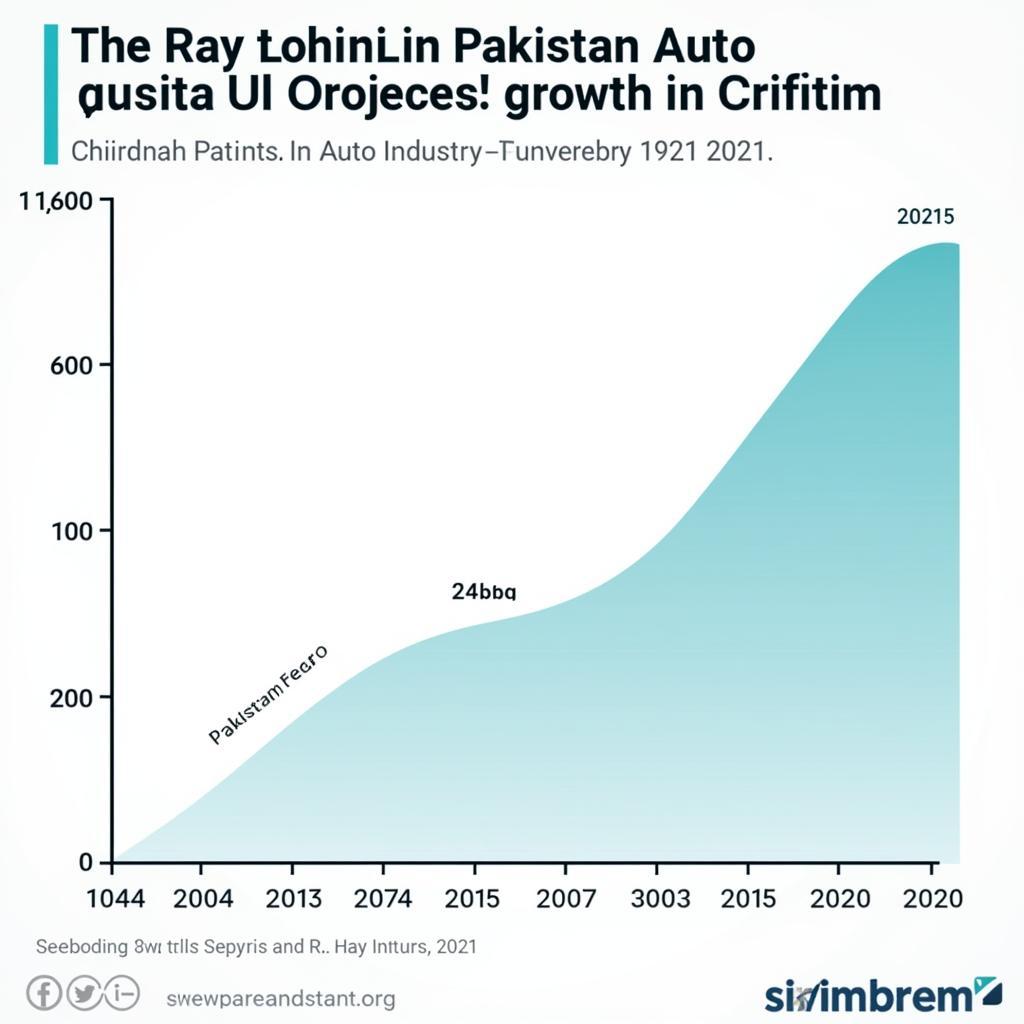The Auto Policy 2021 Pakistan, announced amidst much anticipation, has been a subject of intense discussion among industry experts and potential car buyers alike. This comprehensive analysis delves into the policy’s key features, potential impact on the Pakistani automotive landscape, and its implications for consumers.
Unveiling the Highlights of Auto Policy 2021 Pakistan
The policy, effective from July 1, 2021, aims to boost localization, attract new entrants, and make vehicles more affordable for the average Pakistani. Some of its salient features include:
-
Reduction in Taxes and Duties: The policy introduces significant reductions in taxes and duties on locally assembled vehicles. This includes a reduction in General Sales Tax (GST) from 17% to 12.5% for cars below 1000cc and a decrease in customs duty on imported parts.
-
Incentives for New Entrants: New players entering the market are being offered attractive incentives. These include tax breaks on the import of plant and machinery and lower duty rates on completely knocked-down (CKD) kits for a certain period.
-
Promotion of Electric Vehicles (EVs): The policy outlines several measures to promote the adoption of electric vehicles. This includes a 1% GST on locally assembled EVs and tax exemptions on the import of EV-specific parts.
 Pakistan Auto Industry Growth
Pakistan Auto Industry Growth
Potential Impact on the Automotive Sector
The auto policy 2021 has the potential to significantly impact the Pakistani automotive sector:
-
Increased Competition and Affordability: Lower taxes and incentives for new entrants are expected to foster greater competition within the industry. This, in turn, could lead to lower prices and a wider variety of vehicles for consumers.
-
Boost to Local Manufacturing: The emphasis on localization is likely to encourage automakers to increase their manufacturing footprint in Pakistan. This could lead to job creation and technology transfer, benefiting the local economy.
-
Growth of the EV Market: The incentives for EVs could pave the way for a gradual shift towards cleaner and more sustainable transportation solutions in Pakistan.
Implications for Consumers
For consumers, the auto policy 2021 presents a mixed bag:
-
Lower Prices: The reduction in taxes and duties could translate to lower prices for some car models, particularly those in the smaller engine capacity segment.
-
Wider Choices: With new entrants expected to enter the market, consumers can anticipate a greater variety of vehicles to choose from.
-
Focus on EVs: The promotion of EVs could lead to greater accessibility and affordability of electric cars in the future, offering consumers more environmentally friendly options.
 Pakistani Family Buying a Car
Pakistani Family Buying a Car
Challenges and Considerations
While the auto policy 2021 holds promise, certain challenges need to be addressed:
-
Consistency in Policy Implementation: Ensuring consistency in policy implementation and avoiding frequent changes will be crucial to build investor confidence and achieve the desired outcomes.
-
Improving Infrastructure: For EVs to gain widespread acceptance, significant investment in charging infrastructure across the country is essential.
-
Addressing Quality Concerns: Maintaining a strong focus on vehicle quality and safety standards will be crucial to gain consumer trust and ensure the long-term success of the policy.
Conclusion: A Step in the Right Direction
The auto policy 2021 represents a positive step towards reforming the Pakistani automotive industry. By fostering competition, promoting localization, and encouraging the adoption of EVs, the policy has the potential to transform the sector and benefit both consumers and the overall economy. However, consistent implementation, addressing infrastructure gaps, and maintaining quality standards will be key to realizing the policy’s full potential.
Frequently Asked Questions
- Will the auto policy 2021 make cars cheaper in Pakistan? The policy has the potential to make certain car models, particularly those with smaller engine capacities, more affordable due to tax reductions.
- When will the new car prices be applicable? The new car prices, influenced by the auto policy, are effective from July 1, 2021.
- What incentives are being offered for electric vehicles? The policy offers a reduced GST rate of 1% on locally assembled EVs and tax exemptions on EV-specific part imports.
- Will the policy lead to more job opportunities? The emphasis on localization is expected to create new job opportunities in manufacturing and related sectors.
- How will the government ensure the quality of locally manufactured vehicles? The government aims to implement and enforce stringent quality and safety standards for locally assembled vehicles.
For further information or assistance, please contact us at:
Phone Number: +923337849799
Email: [email protected]
Address: Dera Ghazi Khan Rd, Rakhni, Barkhan, Balochistan, Pakistan.
Our customer service team is available 24/7 to assist you.